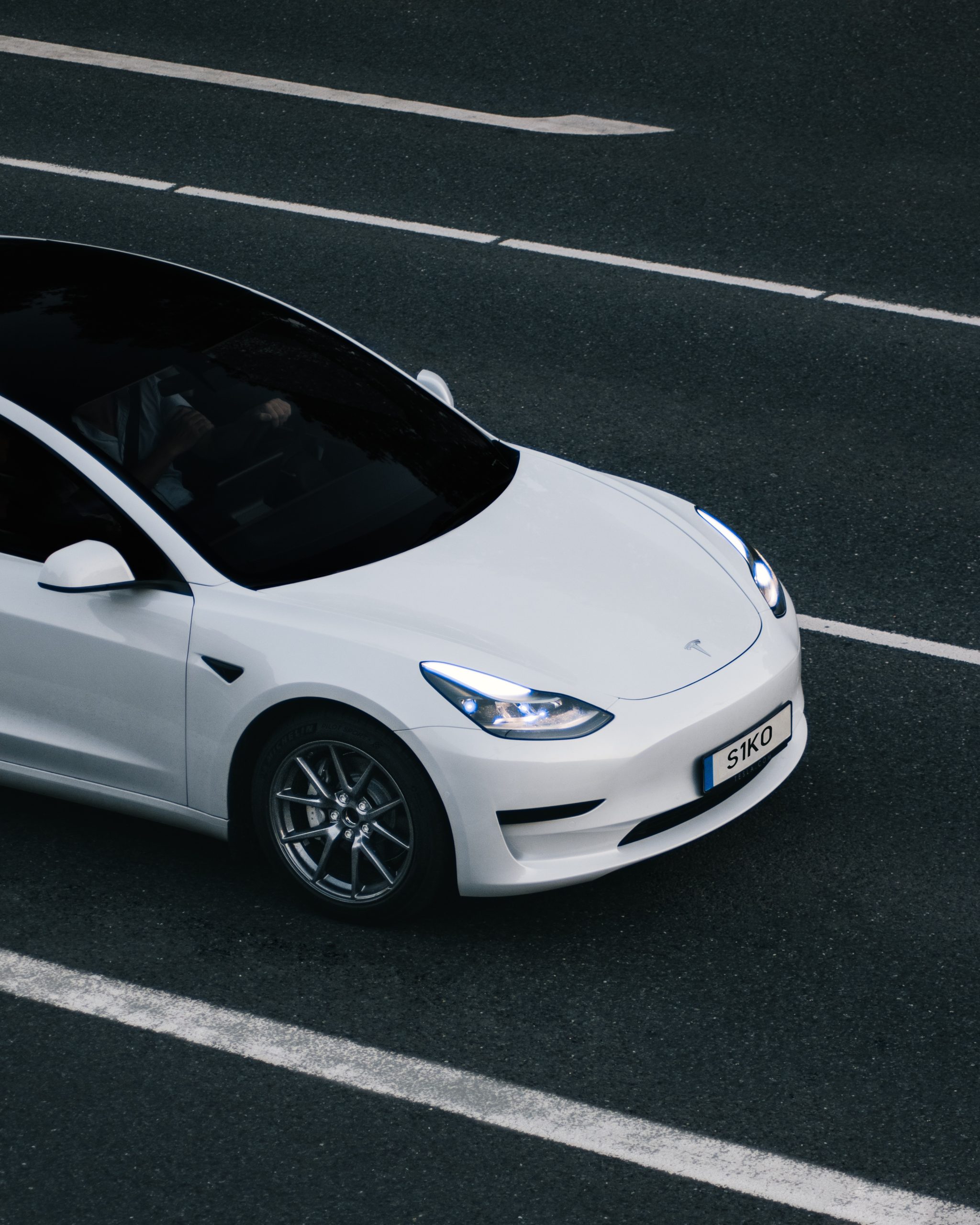How do history’s fastest cars compete with today’s electric vehicles?

Be honest: when someone mentions the word “electric vehicle” to you, what immediately comes to mind? If you’re anything like a lot of the motorists of the 2020s – including the many of us who have not yet switched to one from a petrol or diesel vehicle – you might still be put in mind of those old-timey milk floats that are certainly not associated with elite performance.
Times change, though, and as the electric vehicle – or “EV” – revolution continues to take hold across the globe, we are seeing more and more cars emerging in this category that frankly put many combustion-engined counterparts to shame as far as acceleration and top speeds are concerned.
So, let’s take you on a quick whistle-stop tour of automotive history, right through to the present day, to remind you that “electric” is not a synonym for “sluggish”; far from it.
It’s been quite a run for the old-fangled combustion engine…
The starkest example of just how… slow traditional cars have been even compared to many of today’s most humdrum EVs, is surely the vehicle that is widely recognised as having been the world’s first production automobile (if we’re defining it as a self-propelled vehicle for carrying people).
Yes, we’re referring to the Benz Patent-Motorwagen, which was built by Carl Benz in 1885, and patented and unveiled the following year. Never mind comparing it to current electric vehicles – as this DriveTribe article documents, with its 10mph top speed, it could be outpaced by horse-drawn carriages. But hey, that wasn’t exactly what made the “patent motorcar” so special – although it’s also true that technically, the only car in the world qualifies as the fastest one.
It’s fair to say that future drag races would turn out to be rather more enthralling than any that someone might have been tempted to try in that fiddly-looking Benz. From the Stanley Runabout and the Mercedes Simplex 60 PS of the late 19th and early 20th centuries – the latter being originally constructed as a race car – right through to the Duesenberg Model J of the 1920s and the post-World War II Jaguar XK120, cars kept setting dizzying new speed standards.
Fast-forward to the 1950s onwards, and we were getting Aston Martins and Ferraris pushing past the 150mph barrier. By the late 1980s, as Enzo Ferrari himself prepared to breathe his last, the Prancing Horse unleashed the audacious F40, which took the title of “fastest car in the world” from the Porsche 959. According to Motor Sport magazine, the spartan Pininfarina-styled monster was the first car ever to have a three-digit top speed beginning with a ‘2’ – 202mph, to be exact.
That threw down quite the gauntlet for such new record-setting icons as the 1990s McLaren F1, the 2000s SSC Ultimate Aero and the 2010s Bugatti Veyron Super Sport in the decades to come. With the latter boasting such fearsome specifications as a power output of 1183bhp, 1106lb ft of torque, and a top speed of 268mph, the casual observer might have reason to ponder how any other vehicle with number plates – never mind an electric car – could possibly beat it.
As it turns out, EVs can be pretty brisk these days
Can you believe that barely a decade on from the Veyron Super Sport’s heyday, there is now a whole host of EVs that would give it something to seriously worry about around a racetrack? For reference, while the Bugatti could muster a 0-62mph time of just 2.46 seconds, quite a number of electric vehicles today can reach 60mph in well under five seconds, with a few of them even managing it in less than two seconds.
In the early 2020s, there are formidably rapid EVs everywhere one looks. Just consider the Japanese company Aspark’s Owl hypercar, for instance, which can reportedly hit 60mph in just 1.69 seconds, and boasts a 249mph top speed. Similarly, ‘Rimac Nevera’ may sound like the name of some long-forgotten Croatian football star, but it’s actually an electric hypercar from that part of Europe, delivering a 1.85-second 0-60mph time and maxing out at 258mph.
Then, there’s the Tesla Roadster, which – despite having been unveiled back in 2017 – hasn’t been delivered to any actual customers yet. Still, its claimed top speed of over 250mph and a supposed 1.9-second sprint to 60mph are eye-catching, not least given that you will apparently be able to have one for change from £200,000.
As for if you will be on a somewhat tighter budget than that when you are next in the market for an electric vehicle, don’t worry! There are always such cheaper and practical options as the Nissan Leaf and Renault Zoe, which will still go somewhat quicker than a Benz Patent-Motorwagen, and will probably lead to far fewer people pointing in amazement at you as you pootle down the road.
In fact, as leading providers of car finance in Essex, here at Car Finance Genie, we could potentially arrange funding for your next EV even if you’re struggling to put together a deposit or have a bad credit history. It’s a quick, easy and stress-free process to apply online for a no obligation quote.